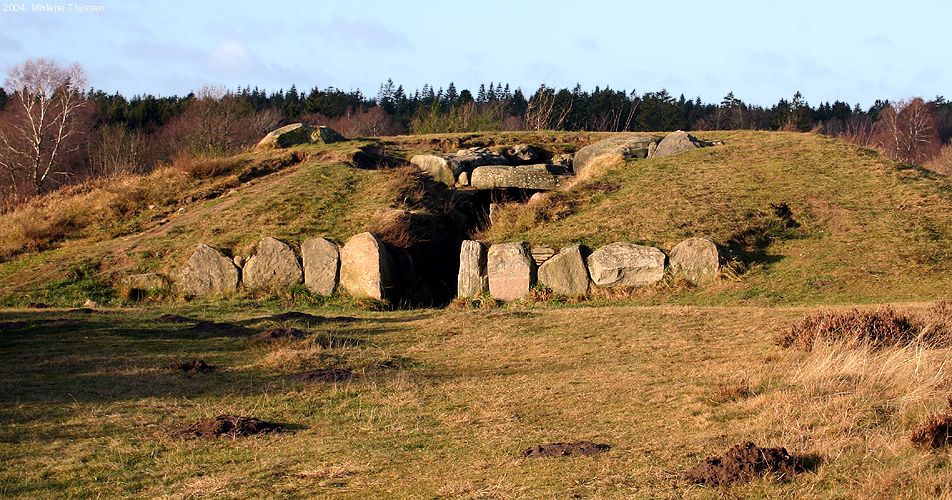One of the happy coincidences of ‘Game of Thrones’ is how it has the same time system as us on planet Earth. What are the odds?!
But unlike summer-saturated kingdoms like Westeros, our time system is based on the seasons. Since the advent of agriculture, farmers have needed to know the true advent of spring and the correct time to sow.
In tune throughout Europe
Humans, according to a cultural astronomy PhD student at the Niels Bohr Institute at the University of Copenhagen, have been in tune with one another in this respect for between 6,000 and 7,000 years.
Claus Jørgen Clausen has discovered that early Neolithic Age farmers could pinpoint the start of spring thanks to their collective use of passage graves – a burial chamber built under a mound with a passage leading to the exterior, which was used for storing grain and sometimes as a tomb.
Clausen measured the direction of the passage on 2,000 graves in western Europe, from Portugal in the south to Sweden in the north, and found that almost all of them pointed 10 degrees south of due east.
The direction would enable them to precisely see the spring full moon.
READ MORE: Danish researchers dispel theory of how North America was populated
Mapping lunar cycles
“Whether the Neolithic Age farmers knew it or not, they were mapping out lunar cycles,” Clausen explained to DR.
“This meant they could find out when it was spring, when it was autumn, when the summer began, and when the seasons peaked.”
It is believed there are about 5,000 passage graves in Denmark, but only about 700 have been found so far.
















